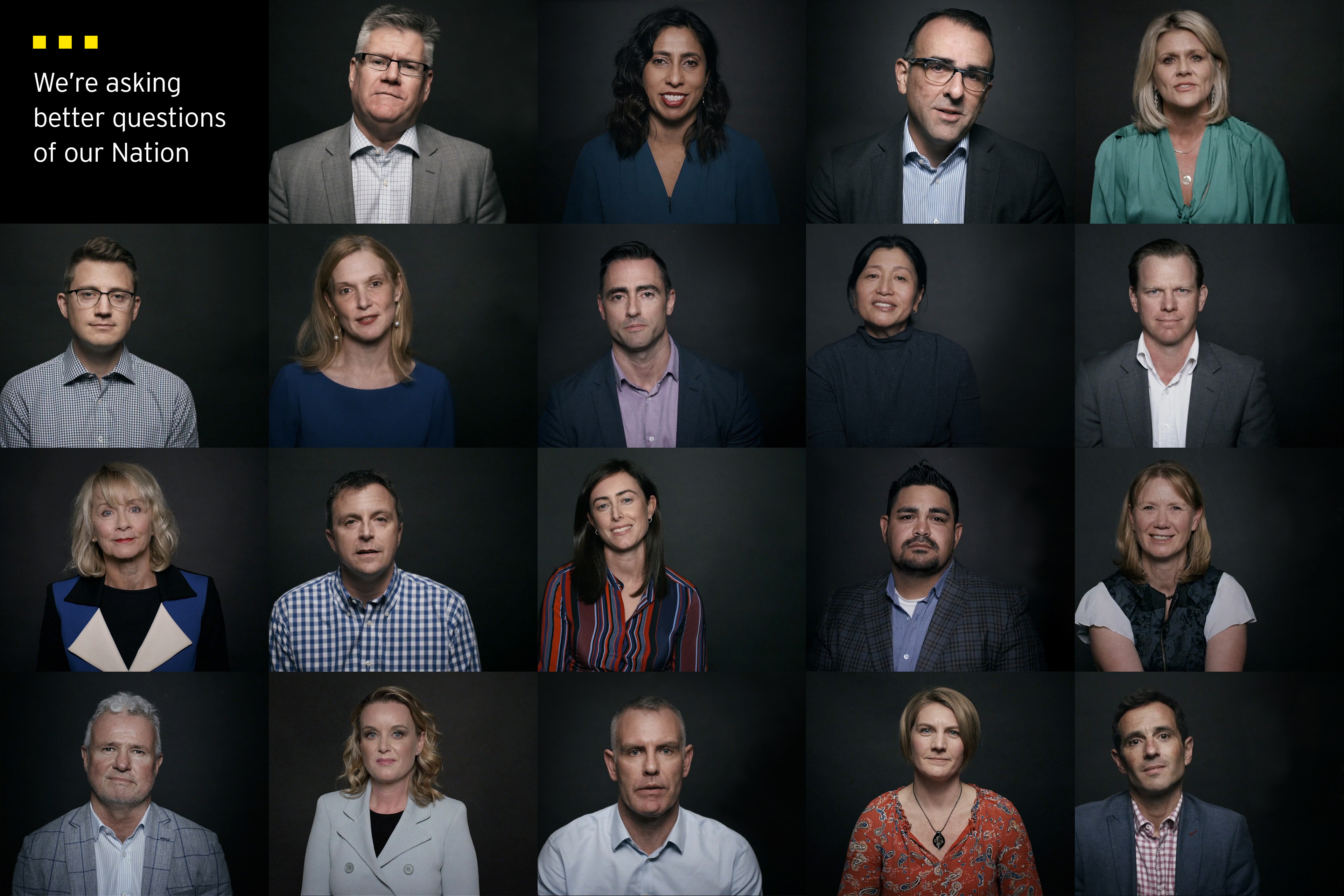Humans often make one of two mistakes when they think about the future: they either overestimate the good or they underplay the bad. It’s called Optimism Bias and while it has some benefits, it also introduces the risk of real miscalculations. For example “we think … yes there’s a talent shortage but the market will sort it out and provide whatever we need,” former psychologist and EY Oceania Markets Managing Partner Jenelle McMaster says.
In the digital context the challenge we currently face is underestimating the risk posed by not adapting to technological change. At a personal level, McMaster says, “this impacts someone’s employability, potentially missing out on new jobs or roles that require new or different skills. Organisations, meanwhile, risk becoming redundant because they’re not moving at the same pace as those who have accepted the need for rapid change.”
According to EY Asia-Pacific Advisory IoT Leader Jeffrey Feldman “Ninety-nine per cent of the time when businesses have stumbled with emerging tech, it’s because the ‘why’ is missing, instead of leading with technology and asking ‘what’, you should be focusing on the ‘why’. Why is it important for your organisation? Why would your customers care?”
In the past 12 months IoT connectivity and big data have become significant business priorities across a range of sectors. But, Feldman says, “what marks the successful transformations from those that are struggling, are teams that trial the substance of the technology – what it’s meant to do and why – while applying their own business lens. And they’re using fail fast mentalities … if it works, scale it and if not, pull the pin.”
“Your approach to technology adoption must be led by your business strategy then you figure out how technology can serve that strategy. And when businesses are considering the myriad of choices for how and why to adopt new technology, it’s the focus on the customer that should cut through those choices,” as EY Oceania Managing Partner for Consumer Markets, Jenny Young points out.
“Customer expectations of service have also changed forever. They want cheaper, faster, better and more personalised service. The market is transparent and based on a connection economy – consumer voices can be heard, and peer reviews are more prominent, and valued, than ever,” she reiterates.


